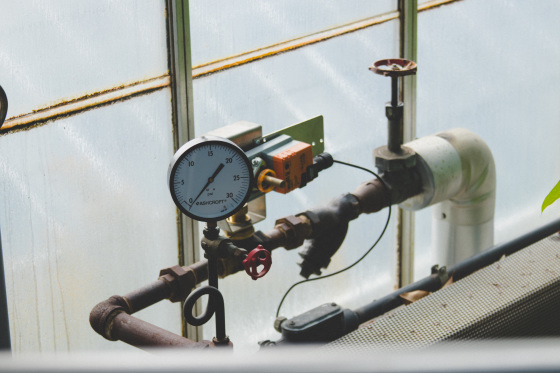'Scientific progress in 2020' 10 selections, science is steadily progressing even in the corona wreck

2020 was a year of global affliction with the new coronavirus infection. Under such circumstances, the British big letter Guardian has published 'Remarkable research results in 2020 selected by scientists', which shows that science has made steady progress.
The virus-free scientific breakthroughs of 2020, chosen by scientists | Science | The Guardian
◆ 1: Successful launch of the first manned spacecraft of a private company
May 31, 2020 Japan time, Elon Musk American space development company that Mr. serve as CEO SpaceX is manned spacecraft 'Crew Dragon' will be the first as a private company successfully launched was. After successfully docking with the ISS , the 'Crew Dragon' carrying two astronauts entered the atmosphere on August 2, the same year, and landed safely off the coast of Pensacola, Florida, United States.

◆ 2: Solution of protein structure prediction
All life is made up of proteins, but the shape of the tertiary structure of the proteins is unknown and has been an important issue in biology for the last 50 years. However, in November 2020, Google's artificial intelligence company

◆ 3: Discovery of new gene modification technology
Emmanuelle Charpentier and Jennifer A. Doudna won the Nobel Prize in Chemistry for the development of CRISPR-Cas9, a technology that can change DNA with extremely high accuracy. CRISPR-Cas9 is a technology that can cleave DNA double strands and edit it freely, and this discovery has made it possible to perform highly accurate genome editing on crops and develop

◆ 4: Poverty reduction and environmental protection efforts
Reducing poverty and preventing deforestation are recognized around the world as important challenges in the 21st century, but the two have been treated as uncorrelated. However, researchers have noticed the introduction of the '

◆ 5: Each country establishes 'Net Zero' to reduce greenhouse gas emissions to net zero
In 2019, the former Prime Minister of the United Kingdom , Theresa May , legally enacted a pledge to 'reduce carbon dioxide emissions in the United Kingdom to virtually zero by 2050,' and China and other countries continued to do so. And declares a 'Net Zero' goal. Currently, half of the world's GDP belongs to countries that have 'Net Zero', but there is also a system to trade the amount exceeding the established emission limit with other countries, and efforts for substantial reduction It has been pointed out that is stagnant. There is also a page where you can check the achievement rate of 'Net Zero' in each country.

◆ 6: New hope for PTSD treatment
Abuse in childhood adversely affects post-adult mental health. But the important thing is, 'Do you remember what happened?' A 2020 (PDF file)

◆ 7: Announcement that there are traces of life activity in the atmosphere of Venus
In a September 2020 survey, it was reported that the gas '

◆ 8: The breakthrough of black scientists
After '

◆ 9: Advances in cultured meat
The food problem is a serious problem as the world population is said to exceed 9 billion by 2050. As research into insect foods and artificial meats progresses, the American company
The following article contains the impressions of actually eating the artificial meat of Impossible Foods.
It was amazing to actually bake and eat artificial meat 'Beyond Burger' and 'Impossible Burger' that reproduce the flavor, taste and texture of meat at the molecular level --GIGAZINE

◆ 10: New hope to realize superconductivity that functions at room temperature
The phenomenon of ' superconductivity ', in which the electrical resistance of a specific metal or compound becomes zero when it is brought close to extremely low temperatures, opens up new possibilities for the advancement of low-loss power lines and linear motor cars. It was found that this phenomenon, which could not occur in an environment of -13 ° C at the maximum, can be generated at about 15 ° C using compounds of carbon, hydrogen, and sulfur. However, in order to achieve this, a pressure of 270 gigapascals, which is 2.6 million times the atmospheric pressure at sea level, is required, and it will take a considerable amount of time before it becomes practical, but it is still It is an important scientific achievement.

Related Posts:
in Science, Posted by log1p_kr







